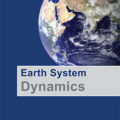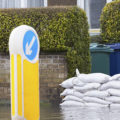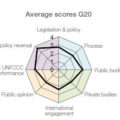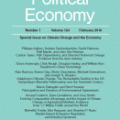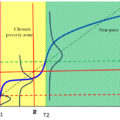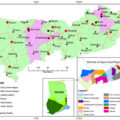Perspectives on contextual vulnerability in discourses of climate conflict
Research article by Uche Okpara, Lindsay Stringer, Andy Dougill on 8 Feb 2016
The science of climate security and conflict is replete with controversies. Yet the increasing vulnerability of politically fragile countries to the security consequences of climate change is widely acknowledged. Although climate conflict reflects a continuum of conditional forces that coalesce around the notion of vulnerability, how different portrayals of vulnerability influence the discursive formation of […]



